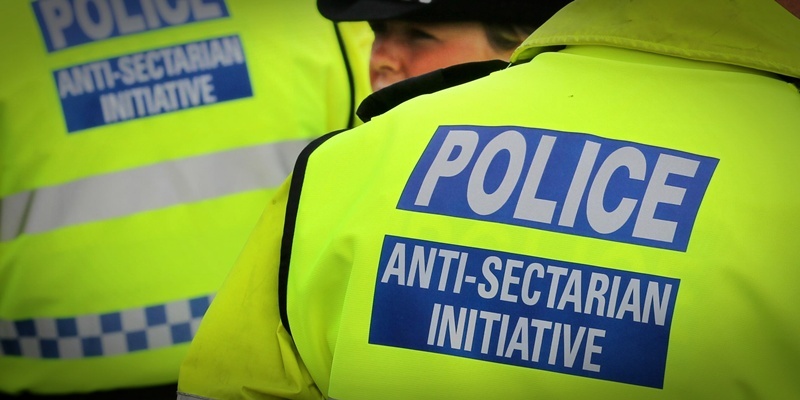The Scottish Government is to spend £9 million over the next three years in a bid to eradicate sectarianism.
The announcement by community safety minister Roseanna Cunningham was made the day after the Scottish Government’s controversial Offensive Behaviour at Football and Threatening Communications Bill received its second reading at Holyrood.
Although ministers rejected a series of amendments from opposition parties, they included their own designed to protect freedom of speech by allowing criticism of religion so long as it is not considered a threat or likely to create public disorder. This will not apply to sectarian chanting at football grounds. The bill could become law as soon as January.
Ms Cunningham said the Scottish Government is giving police greater powers to tackle sectarianism and will spend £3 million a year on community projects to tackle the problem at a grassroots level.
She said: ”Clearly, sectarianism is not confined to any one area of society, or one part of Scotland. That is why we will be looking to bring forward further wide-ranging action over the five-year term.”
She added: ”We need to develop a fresh approach to tackle sectarianism in different ways across society, from community projects meeting local needs and matching local circumstances, through to education projects and other initiatives which address the root causes of sectarianism.
”This will be backed by substantial investment, which was agreed as part of the recent spending review to tackle religious hatred in all its forms.”
Scottish Labour’s justice spokesman, James Kelly, said sectarianism is not confined to football and the Scottish Government should rethink its proposals to ban sectarian chanting at football grounds as a result.
He said: ”I’d like to welcome the announcement from the minister to invest £9 million in community initiatives to tackle sectarianism.
”The First Minister seems to think this is only a football problem. He is wrong, and now his community safety minister Roseanna Cunningham admits sectarianism is not ‘confined to one area of society or one part of Scotland.’
”If she (Ms Cunningham) means what she says in this announcement, she should drop the current proposals, go back to the communities, listen to what is being said by the churches, football authorities and others and bring back new proposals that all parties can get behind.”
Abertay University lecturer Stuart Waiton, who campaigned against the plan to outlaw sectarian singing, said he believes the proposals are still wrong, despite the amendment intended to protect free speech.
He said: ”The thing is people are already being arrested for things that this bill seems to relate to. Although this has to take a legal form, it’s really been concocted because Alex Salmond wanted to make an issue out of sectarianism, and that is what has happened.
”There is already a public order framework that takes into account whether a person feels alarmed, harassed or threatened. The point of this bill is that people can be charged if what they say incites violence.
”What is interesting is that by the time they are charged it should be known if they incited violence. That’s a real problem for me it should not be about what might have happened. The question has to be asked where was the violence?
”This has been politicised to the extent that sheriffs are being encouraged to say this sort of behaviour is completely unacceptable. It is nothing to do with the legal reality or any harm done.”
Photo Andrew Milligan/PA Wire
